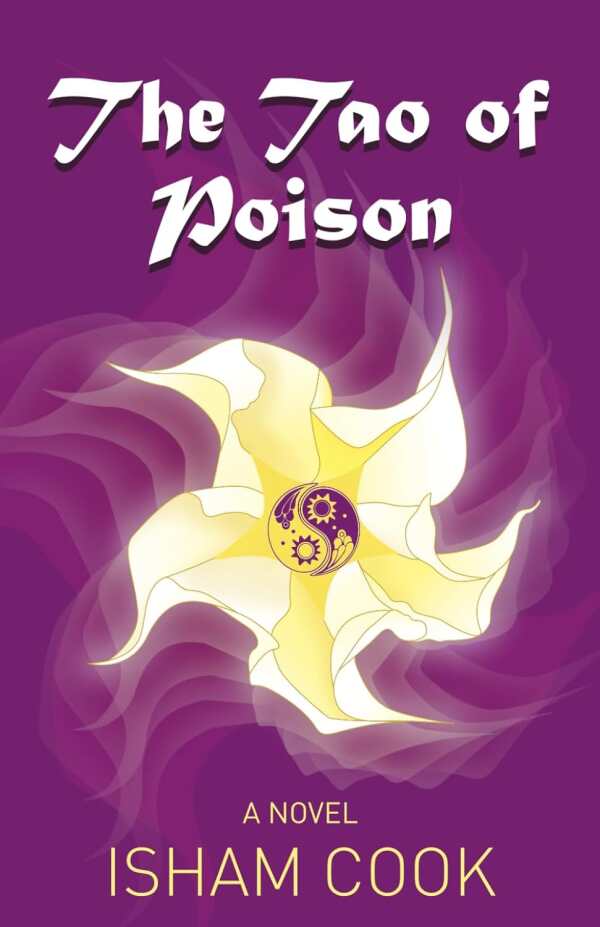The Tao of Poison
A nascent warrior uses sex in a subversive manner in the piquing historical novel The Tao of Poison.
Isham Cook’s wild, erotic historical novel The Tao of Poison concerns a young woman with an odd physical condition.
The White Lotus Rebellion, which took place between 1796 and 1804 in imperial China, serves as the backdrop for this story, in which beautiful, enigmatic Qiezi lives with her parents in Shaanxi Province. Here, polyandry is often the only way poverty-stricken peasants can survive, but it is also illegal. When one of the family’s temporary “tenants,” who sleeps with Qiezi’s mother in return for free labor, kills a neighbor in a dispute, the local magistrate investigates. He promises to overlook their polyandrous doings in exchange for sex with seventeen-year-old Qiezi.
Qiezi has a special, bizarre condition: Her years-long habit of ingesting the psychoactive datura flower makes her immune to its poison, but anyone who has sex with her will die within a day. When the magistrate dies in due course and the White Lotus Rebellion crashes into Shaanxi, the family scatters. So begins a picaresque erotic thriller that chronicles Qiezi and her parents’ journeys back to each other, and Qiezi’s elevation as a healer and warrior of renown.
The book includes frank depictions of sex, consensual and otherwise; there are bizarre sexual acts with unbound feet, for example, and scenes that are both comical and crass. Qiezi is free with her body too, using it as a weapon against the men who are after her and her parents. Her experiences become gratuitous in their volume, though: Fishermen and wanderers all try to molest her, and she always has the last laugh.
Qiezi finds help from Buddhist and Daoist nuns; these women also wind up falling for her, and Qiezi, who loves women as well, must be careful with her body so she does not kill them. They travel with her to escape the rebellion, laying waste to whole villages. Qiezi’s need to keep consuming the datura flower also adds tension: If she does not continue to eat it in small doses, she will die herself.
Obscure facts about indigenous medicinal herbs abound, as Qiezi is skillful in their use and valuable to others as a healer of many ailments. After she and her entourage meet up with her parents, who are fresh from their own adventures in a sex cult with astonishing rituals, they establish an apothecary high on a mountain. People come to seek her healing, but so do those who believe that Qiezi is a witch, resulting in added suspense.
Throughout the book, people’s conversations are lively if irreverent, marked by blunt talk of sex, genitals, and women’s bodily functions; such elements become excessive at times. More compelling is Qiezi’s internal wrestling: Both a healer and an emerging warrior, she faces difficult choices. And the White Lotus uprising itself is handled in an engrossing manner.
In the insightful historical novel The Tao of Poison, a woman’s abilities to heal or kill others are put to the test during a violent time in China’s history.
Reviewed by
Peggy Kurkowski
Disclosure: This article is not an endorsement, but a review. The publisher of this book provided free copies of the book and paid a small fee to have their book reviewed by a professional reviewer. Foreword Reviews and Clarion Reviews make no guarantee that the publisher will receive a positive review. Foreword Magazine, Inc. is disclosing this in accordance with the Federal Trade Commission’s 16 CFR, Part 255.

